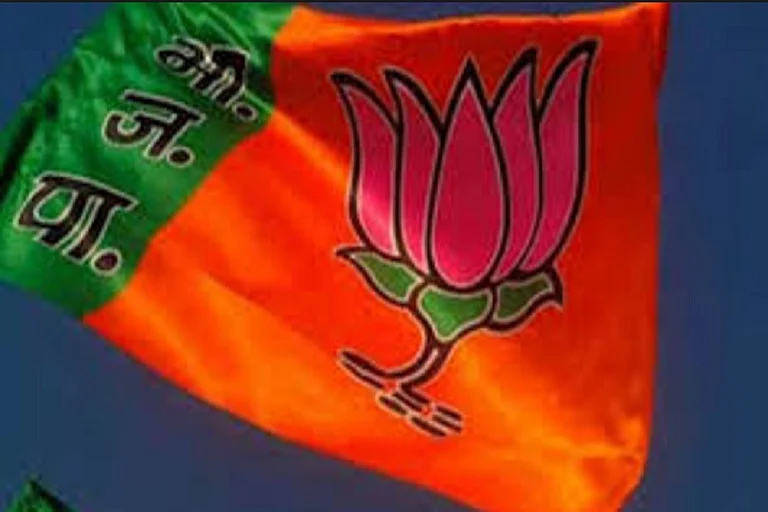LIBERALS call him a racist, a crank, and a white wannabe. Black conservatives are outraged by his latest book's "twisted half-truths" and "dubious assumptions". But Bombay-born Dinesh D'Souza is no stranger to controversy, for he exults in being an iconoclast. He has bashed everything from militant feminism to homosexuality, multi-culturalism, affirmative action, and now liberalism. At 34, D'Souza has followed up his first bestseller of 1991, Illiberal Education: The Politics of Race and Sex on the Campus, with another potential success, The End of Racism, that has put him at odds with almost every one.
D'Souza's "preposterous conclusions" about the genetic inferiority of blacks and his of history have raised the hackles of many in academic circles in the US. "We don't take D'Souza or his screwy scholarship seriously, observed a researcher from the liberal-leaning Brookings constitution, adding that it reminded him of "white Aryan propaganda".
In The End of Racism, D'Souza argues that liberalism not racism is the true enemy of blacks because liberals encouraged blacks in their most destructive pathology, a heavy dependence on government. He claims that affirmative action cam ouflages the reality of black failure in academic achievement and economic performance. Under-standably, black conservatives are up in arms, especially at white conservatives for not denouncing D'Souza's "racist ideology".
But D'Souza didn't always hold such extreme views. Four years ago, when Illiberal Education was published, his broadside against the ruling orthodoxies in American academic life won him respect from scholars of the Left and Right. Critics contend that much of D'Souza's rise to fame has to do with his ultra conservatism and his adoption by National Review editor and conservative guru, William E Buckleylr, who wanted a non-white mouthpiece for his rightwing propaganda.
Opportunist or not, D'Souza has had an incredible career. A student of St Stanislaus in Bombay, he came to the US in 1978 at 16 as a Rotary exchange student and eventually graduated in literature from Dartmouth, an Ivy League school in New Hampshire. He went on to Princeton but new opportunities beckoned. "My conservative friends had reached the national level through the candidacy of Reagan and were challenging the premises of the liberal consensus: the legitimacy of the welfare state, government itself, social norms and codes, says D'Souza. He admits using "the Dartmouth old-boy network" to enter this world. He left Princeton for Washington in 1985 to be managing editor of Policy Review, the journal of the Heritage Foundation, a right- wing thinktank.
At 27, D'Souza became a domestic policy analyst in the White House in the traditional Washington way--by meeting the right person at the right time. Gary Bauer, Reagan's head of domestic policy, asked D'Souza (whom he had worked with on an article for Policy Review) to join a team of analysts who would provide policy ideas for the president. In 1987, D'Souza quit to join the Bush-Quayle campaign. But instead of working for the Bush administration, he opted to be a research scholar at the American Enterprise Institute, a conservative thinktank, where he has been writing books ever since.
Asked to define his politics, D'Souza says he thinks of himself as "intellectually and politically very independent. If the Democrats had values close to mine I would support them. "He comes across as bright, articulate, questioning, unafraid to speak his mind, or to tread on any toes.
So who is he? Prophet, crank, genius or upstart?
A prominent right-winger like Judge Bork endorses him readily as a person of conviction. But not The Washington Post's David Nicholson. "I don't trust D'Souza, says Nicholson. "He thrives on con-troversy," observes Stephen Dujack, a Princeton alumnus who recalls a "nasty little magazine called Prospect, edited by D'Souza at Princeton, which spewed venom rather freely on women, racial minorities and gays."
Defending himself against attacks, D'Souza argues that he is not anti-minority or anti-black, but merely calling for a "social policy that strengthens" vital institutions of black culture: family, church, and small business, and "works to end the inner-city culture of irresponsibility." D'Souza refuses to be pigeonholed and his race and colour give his arguments a peculiar heft. Speaking of race-based quotas in college admissions, he says, "You can't indulge in racial head counting. I can see that this policy doesn't work against the backdrop of India. It generates enormous grievance. As a person of colour (minority), 1 have the difficult job of making the case to other people of colour."
As for being deliberately controversial when he wrote The End of Racism, D'Souza claims that he was being "intellectually provocative while being morally sensitive". He calls it a "tough book which faces painful facts, yet a hopeful book that is aimed at building a secure intellectual and moral foundation for a multi-racial America."


























